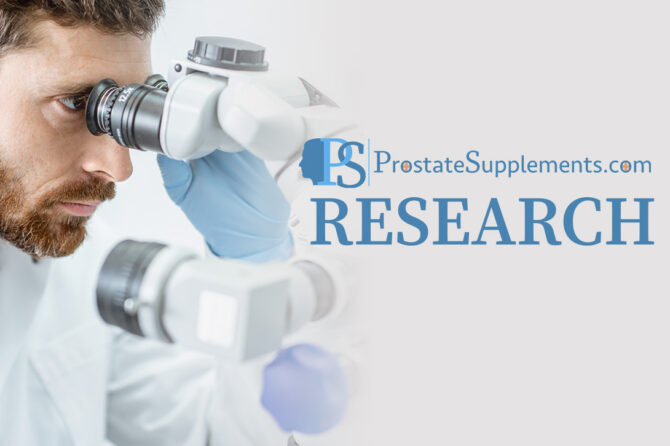Ascorbigen and Its Impact on Prostate Health
Prostate health is of paramount importance for men’s overall well-being, with conditions such as benign prostatic hyperplasia (BPH) and prostate cancer posing significant health risks. Ascorbigen, a derivative of vitamin C found in cruciferous vegetables, has emerged as a promising compound with potential benefits for prostate health. This article explores the scientific evidence surrounding ascorbigen and its effects on the prostate, ingestion methods, urinary benefits, and other related aspects.
Abstract
Ascorbigen, a natural compound derived from vitamin C, has gained attention for its potential health benefits, particularly in relation to prostate health. This article provides a comprehensive review of the current literature on ascorbigen and its effects on prostate health, including its ingestion methods, urinary benefits, and miscellaneous data. Through a thorough analysis of existing research, this article aims to elucidate the potential role of ascorbigen in promoting prostate health and its broader implications for human wellness.
Chemistry and Sources of Ascorbigen
Ascorbigen is a dimeric indole-3-carbinol (I3C) derivative formed from the condensation of two molecules of indole-3-carbinol. It is predominantly found in cruciferous vegetables such as broccoli, cabbage, cauliflower, and Brussels sprouts. Upon ingestion, ascorbigen undergoes metabolic conversion in the body, yielding bioactive metabolites that exert various physiological effects.
Effects of Ascorbigen on Prostate Health
Numerous preclinical studies have demonstrated the potential anti-cancer properties of ascorbigen in prostate cells. Research suggests that ascorbigen may inhibit prostate cancer cell proliferation, induce apoptosis (programmed cell death), and suppress tumor growth through various molecular mechanisms. Furthermore, ascorbigen exhibits anti-inflammatory and antioxidant properties, which are believed to contribute to its protective effects on prostate health.
Ingestion Methods
Ascorbigen can be obtained through dietary sources, primarily cruciferous vegetables. However, its concentration in these foods may vary depending on factors such as cultivation methods and cooking techniques. To ensure adequate intake, individuals may consider incorporating a variety of cruciferous vegetables into their diet. Additionally, ascorbigen supplements are available in the form of capsules or powders, although their efficacy and bioavailability may differ from dietary sources.
Urinary Benefits
In addition to its effects on prostate health, ascorbigen has been associated with urinary benefits. Studies have suggested that ascorbigen may help alleviate symptoms of urinary tract infections (UTIs) by inhibiting the adhesion of pathogenic bacteria to urinary tract epithelial cells. Moreover, its anti-inflammatory properties may contribute to reducing urinary tract inflammation and discomfort.
Miscellaneous Data
- Ascorbigen supplementation has been investigated for its potential role in preventing or managing other health conditions, including breast cancer, colon cancer, and cardiovascular disease.
- Research on the safety profile of ascorbigen is limited, and further studies are warranted to assess its long-term effects and potential adverse reactions.
- The synergistic effects of ascorbigen with other bioactive compounds found in cruciferous vegetables, such as sulforaphane, have been proposed as a promising area for future research.
Conclusion
Ascorbigen, derived from cruciferous vegetables, holds promise as a natural compound with potential benefits for prostate health. Preclinical studies have provided compelling evidence of its anti-cancer properties and its ability to modulate various biological pathways implicated in prostate pathology. While further research, including clinical trials, is needed to elucidate its therapeutic potential and optimal ingestion methods, ascorbigen represents a promising avenue for promoting prostate health and overall well-being. Incorporating cruciferous vegetables into the diet may offer a practical approach to harnessing the potential benefits of ascorbigen for prostate health and urinary wellness.
Leave a reply


Leave a reply